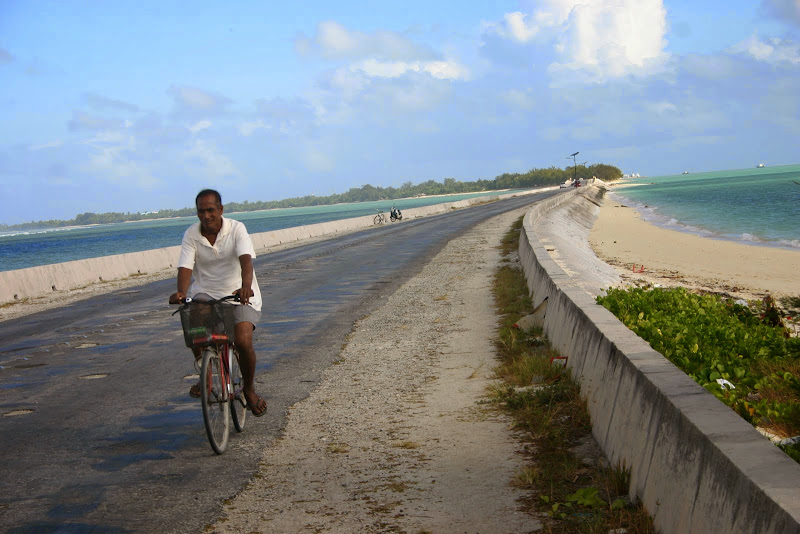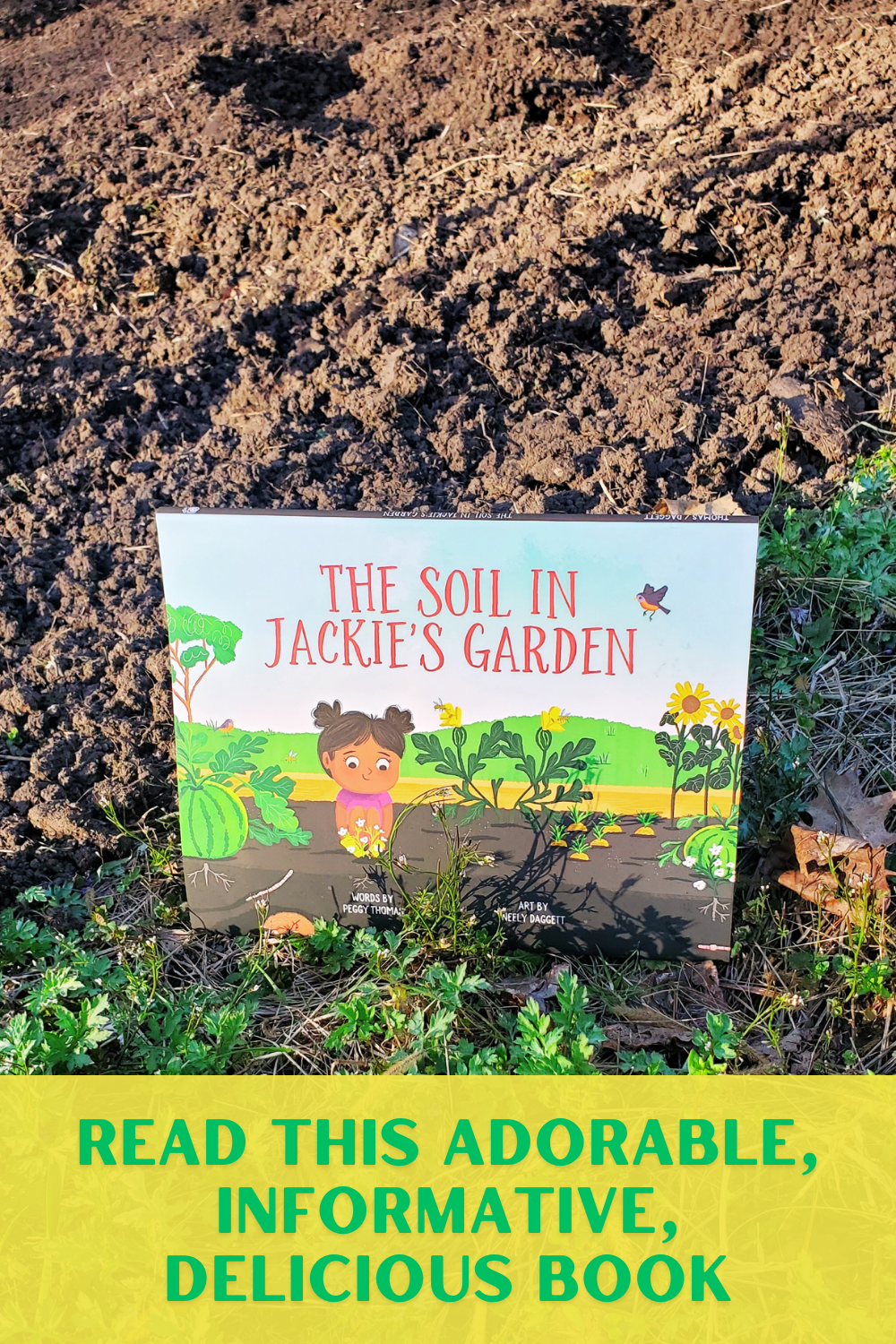Around the World in Fifty Years: My Adventure to Every Country on Earth
Have you ever wanted to visit every single country in the world? Get ready to be inspired by this new book by Albert Podell, then. We recently received a review copy of Around The World in Fifty Years: My Adventure to Every Country on Earth (thank you!), and I was more than happy to dig in.

Podell has been an editor at Playboy and three national outdoor magazines and has written more than 250 freelance articles. He was co-leader of the Trans World Record Expedition and co-author of Who Needs A Road?, an adventure classic still in print after nearly five decades.He holds a B.A. in government from Cornell, was the graduate fellow of the Committee on International Relations at the University of Chicago, and received a law degree from New York University. Al lives in New York and is an all-around outdoorsman—skier, boarder, mountaineer, climber, camper, hiker, biker, archer, angler, surfer, kayaker, scuba diver, windsurfer, long-distance swimmer, and adventurous vegetable gardener.
In his book, Podell shares his travel (and life) adventures from a half century of exploring the world. He’s hilarious, wise, and definitely well-versed in the challenges and joys of travel. He shares explorations of food, travels with God (and God’s visa problems), transportation breakdowns, tips on not getting sick (bring your own chopsticks, for one), history, culture, ethnorelativism (he is one of the best practitioners I’ve read!), and more – the gleanings of 72 different journeys to 196 countries. It’s more than a good read – it’s an inspiration to explore wherever you are, and to approach travel (and life) with a sense of curiosity and openness.
Highly recommended.
We were lucky enough to catch up with Podell, and ask him about the book, inspiration, new experiences, and more. Here’s what he had to say…

Tarawa, capital island of Kiribati
Please tell us about your book, Around the World in 50 Years..
Around the World in 50 Years is, I hope, the inspiring story of an ordinary guy (me) who achieved two great goals that others had told him were impossible -- first by setting a record for the longest automobile journey ever made around the world -- in the course of which he blasted his way out of minefields, survived a breakdown atop the Peak of Death, came within seconds of being lynched in Pakistan, and lost three of the five men who started with him, two to disease, one to the Vietcong.
After that -- although it took me 47 more years – I set another record by going to every country on earth. I achieved this by surviving riots, revolutions, civil wars, trigger-happy child soldiers, voodoo priests, robbers, pickpockets, corrupt cops, and Cape buffalo. I went around, under, or through every kind of earthquake, cyclone, tsunami, volcanic eruption, snowstorm, and sandstorm that Nature threw at me. I ate everything from old camel meat and roadkill anteater and rats to dung beetle and the brain of a live monkey. And I overcame attacks by crocodiles, hippos, anacondas, giant leeches, flying crabs -- and several beautiful girlfriends who insisted that I stop this nonsense and marry them.
I hope readers will find it a memorable and meaningful tale of quiet courage, dogged persistence, undying determination, and the my good fortune in being able to extricate myself from one perilous situation after another -- and return with some of the most memorable, frightening, and hilarious adventures you have ever read.
Al with falcon and friend in Yemen
What inspired you to write this book?
My friends. Because there were so many difficulties and obstacles to visiting every nation, I never thought of writing a book because I never knew if there would be any achievement worth writing about. I did send lengthy emails to my friends every couple of weeks while on the road and, after several years, my friends started to urge me to use them as the basis for a book because they thought they were interesting, informative, and exciting. When I completed my final country, more and more friends urged me to write a book so I could share my adventures and observations with the world. As I was starting to consider the idea, one of these friends, a magazine editor, forwarded a batch of my dispatches to a literary agent, who persuaded me to write the book, and the result is this book.
What are some stories of kindness on the road that you've experienced?
NONE.
In the majority of the nations I visited, life – the mere task of staying alive -- is just too hard for folks to have time or energy for gratuitous kindness. You try living on $1.50 a day for everything – shelter, food, clothing, medicine, education, etc – and see how much time you have left over to be kind to others.
Wait. Perhaps I am too hasty. There was one incident that may qualify. I was in Ethiopia, wearing a very old pair of jungle pants that had survived 20 years of travel with me but were patched up and held together in so many places with duct tape that I looked like Robocop. When I stopped by an outdoor market near a pretty lake in the middle of the country to buy a kilo of tomatoes, the seller charged me half the posted price. When I asked why, she explained: “When we see a foreigner dressed as you are, we assume that he is even poorer than we are, so we do not charge him the tourist price.”

In Mongolia
In all your travels, what have you learned about the power of being open to new experiences, to learning about other cultures? And what are your best tips for practicing ethnorelativism? You've sure eaten many unusual foods with aplomb!
There is little sense in traveling if you are not totally open to new experiences, to learning about other cultures and, most importantly, learning to view the world from their perspective in an open and non-judgmental way.
Let me offer a few examples.
We wear black at funerals. It just seems right to us. It is a sad, often gloomy, occasion, and we equate that with black or grey. But some cultures equate it with white. We may find that hard to relate to, but if it works for them, who are we to say they are wrong?
Or take insects. Or, more specifically, eat them. Many cultures do. But we regard that as disgusting and barbaric. But perhaps they know best. Edible insects are a superb source of healthy protein, and insects produce a pound of that protein from eating one-seventh the amount of grass it takes a cow to produce it. More sustainable. Far less carbon footprint. Maybe we could learn something? Yet, when I offered my alma mater, Cornell, a million dollars to endow a professorship in entomophagy, the eating of edible insects, they found a polite way to avoid it.
Or take beef. We eat it, but the Masai in Kenya respect it. Instead of killing their cattle to eat them, they nick their necks with a knife, draw out some blood, mix it with milk, and easily sustain themselves. We think that’s disgusting. But that is just our cultural prejudice.
Or other foods. I have eaten, in the course of my travels, many foods that Americans would regard as gross or disgusting or unhealthy – dogs, cats, sea cucumber, fish lips, fish eyelids, armadillo, monkey, guinea pig, blood sausage, worms, grubs, snake, rats, mice, jellyfish, and scorpions. The indigenes in other lands have been eating these things for a thousand years without any apparent harm. So who are we to insist that our Big Macs and milkshakes are better?
This is also true for religions. Although Christianity is the most popular religion in the world, who is to say that it is the best way to worship God? We may regard others, like Buddhism and Hinduism and Confucianism and shamanism, as idolatrous, or pagan, or fake, or nonsensical, but what right do we have to say we are right?
The closest call I can recall came on the issue of female genital mutilation, when I visited the venerable Dogon tribe in the Bandiagara Escarpment area of Mali. Let me quote directly from my book:
The Dogons believe in female genital mutilation. FGM is widely performed through Africa, primarily as a tactic by male-dominated societies to deprive women of sexual pleasure, believing this will keep them faithful. The Dogons, however, employ FGM for an entirely different and, to them, totally fair and helpful reason. They believe that when their god created the universe, He was inexperienced and made some mistakes, leaving men with a useless feminine part, the foreskin, and women with an unnecessary masculine part, the clitoris. The Dogons, men and women alike, seek to correct these “errors” and enable each sex to assume its proper identity through circumcision, making men more masculine and women more feminine, by eliminating those “superfluous” parts -- sort of equal-opportunity mutilators. They conduct the ceremony, using the sharp and sterilized instruments of the village blacksmith, with great care and pride, in a special circumcision cave, after which they watch over the circumcised youths until all danger of infection has passed.
Far from being sexist, the Dogons accord women more esteem and equality than most African societies. A Dogon woman is not regarded as a servant or chattel, but as an independent person who comes and goes as she wishes, is not required to share her husband with another wife, leaves their home whenever she wants, and is economically self-sustaining. She has her personal granary, where she keeps her clothes, grooming supplies, jewelry, food, and any money she earns from farming, basket making, or selling sculptures.
So how should our supposedly enlightened Western civilization confront the Dogon practice of FGM? Should we accept and respect it or try to impose our values on them? Are we right? Are they wrong? Who are we to judge?

Relaxing in Gabon
What's up next for you?
Completing a very funny book of sexual memoirs, mine and the nation’s. It is 80% written.
Is there anything else you'd like to share?
Share? OMG! I thought this was private, just between you and me.
See? Yes. Read it!
Learn more:
http://albertpodell.com/home_page.html
-

- Log in to post comments



















